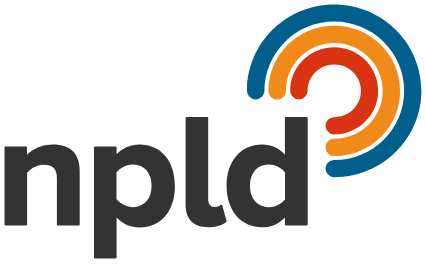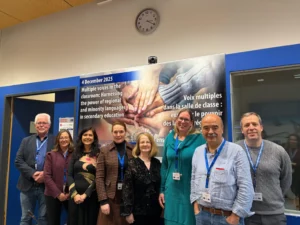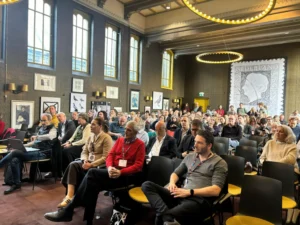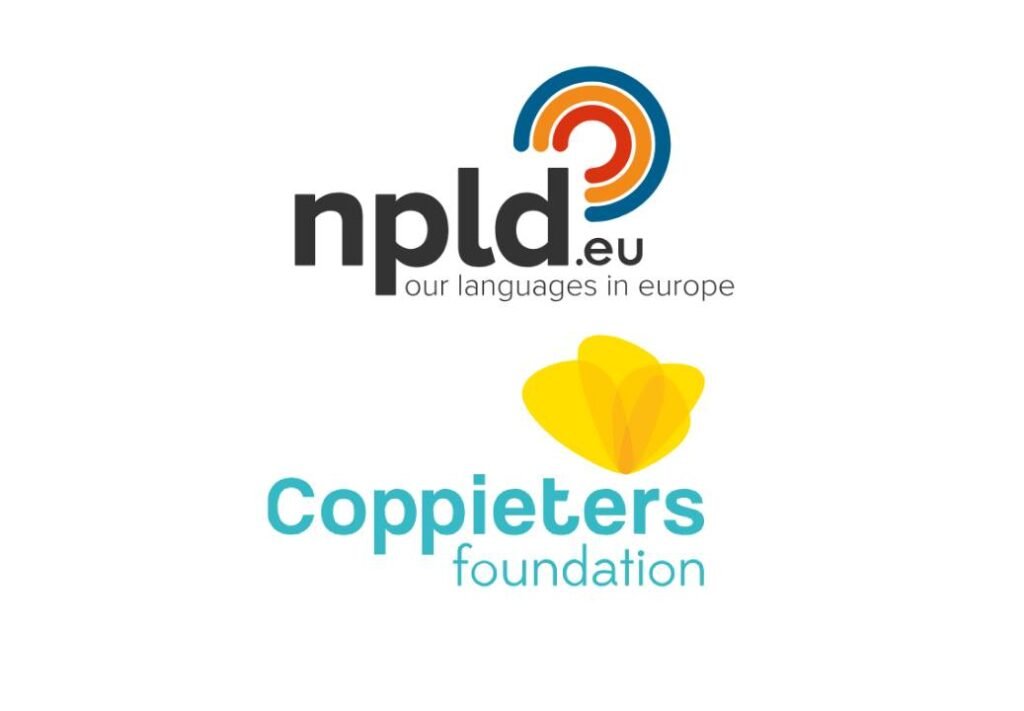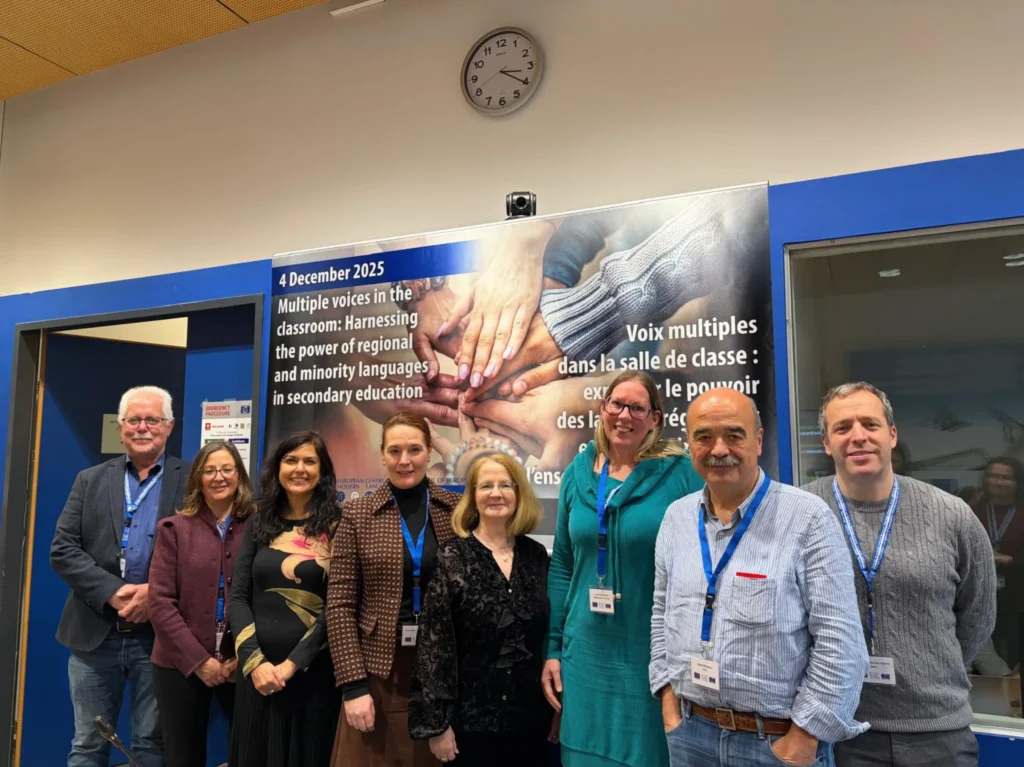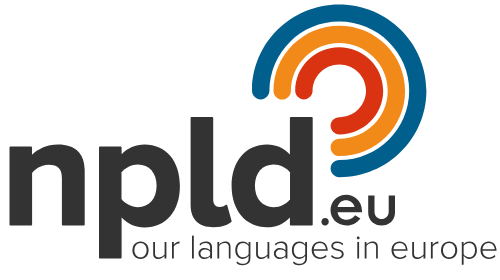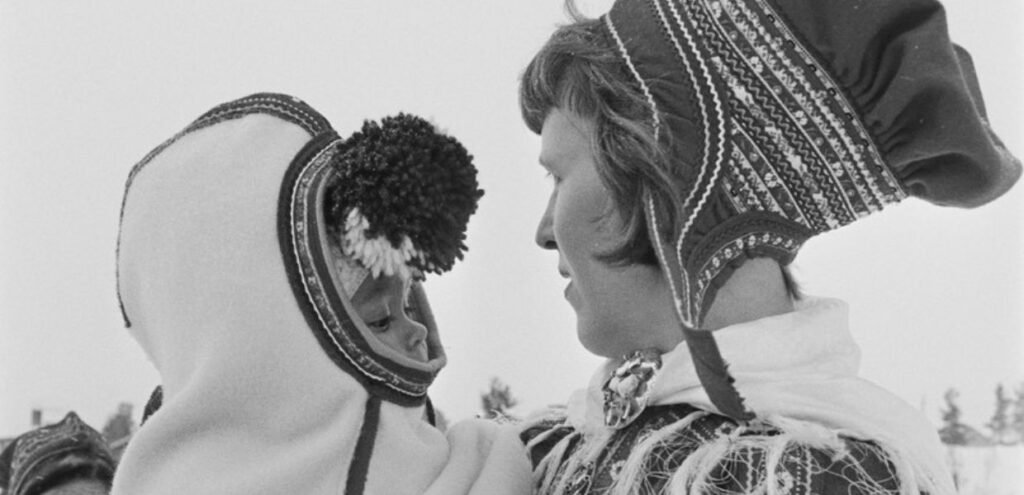
NPLD » EUROPEAN PROJECTS – DIGICHer
DIGICHer
Digitisation of the cultural heritage of minority communities for equity and renewed engagement
Digitisation of cultural heritage of minority communities for equity and renewed engagement (DIGICHer) is a European-funded project under the call HORIZON-CL2-2023-HERITAGE-01. It aims to re-visit and provide new understandings of the key legal and policy, socio-economic and technological factors that drive the digitisation of minorities’ cultural heritage (CH) to develop a novel validated scalable framework, designed via user-centric approaches, to promote equitable, diverse and inclusive practices. Building on such a framework, the project provides research and knowledge-based recommendations for policy and decision-makers, as well as CH institutions, for mainstreaming equity, diversity and inclusiveness of minority groups through participation and engagement in CH digitisation processes. It also delivers methodologies for decision support to enable decision-makers to monitor the field of digital heritage with specific regard to its diversity long-term.
The DIGICHer interdisciplinary consortium will lead to several actions and outcomes that will increase minorities’ involvement in the digitisation and usage of their CH, contributing to a more responsive and democratic cultural sector, whose digital activities reflect the plurality of minorities’ worldviews in Europe. Minority heritage will be represented in a way which respects minorities’ values, ensuring better understanding and enhanced engagement with minority heritage collections by the general public and professional heritage users, leading to more resilient European cultural institutions with a pluralistic offer that is appealing to a diverse future generation of audiences.
The project started in April 2024 and has a duration of 36 months. The members of DIGICHer consortium are the Vilniaus Gedimino Technikos Universitetas, Stichting Europeana, Friedrich-Schiller Universität, Lapin Yliopisto, Istituto Italiano di Studi Germanici, Finnarchiv Kansallisarkisto, Istituto Culturale Ladino, Viesoji Istaiga Lietuvos Inovaciju, and the NPLD and Time Machine Organisation (TMO) as associate partners.
Share this post:
